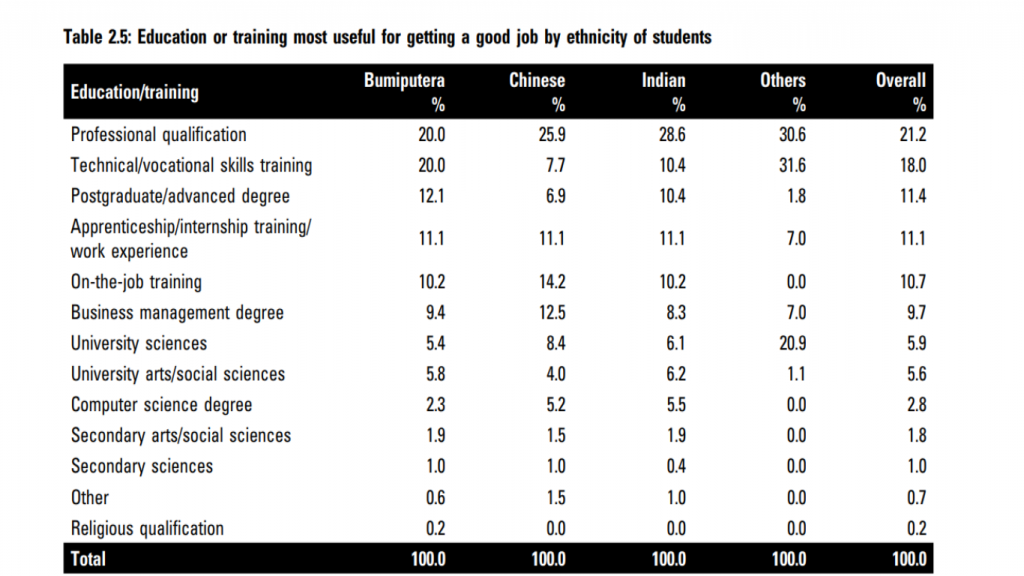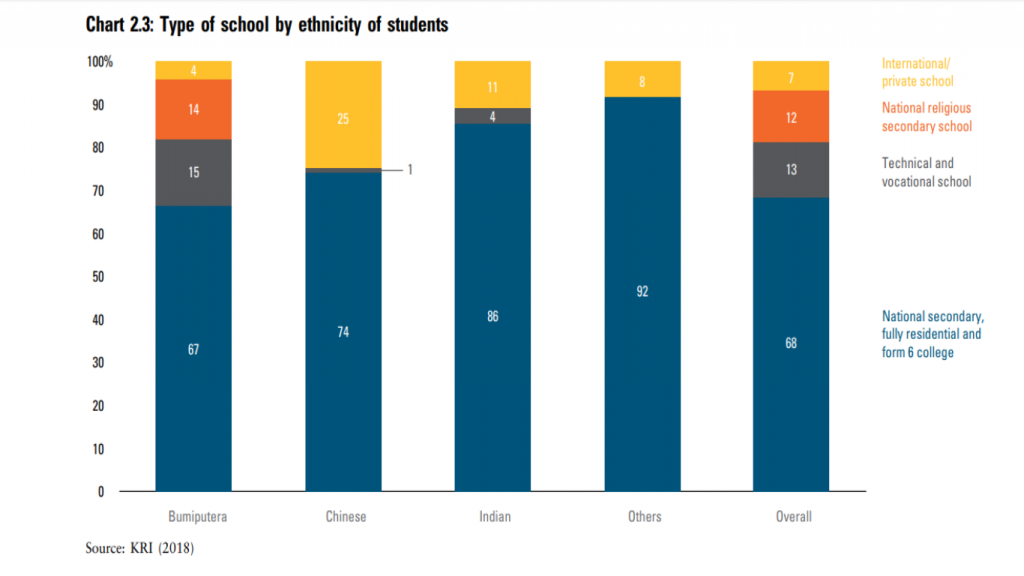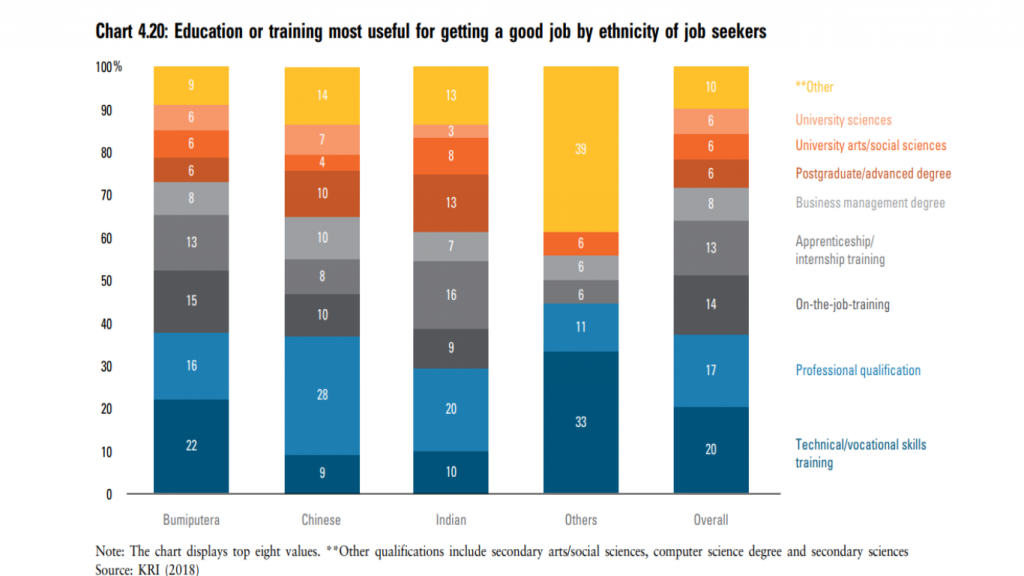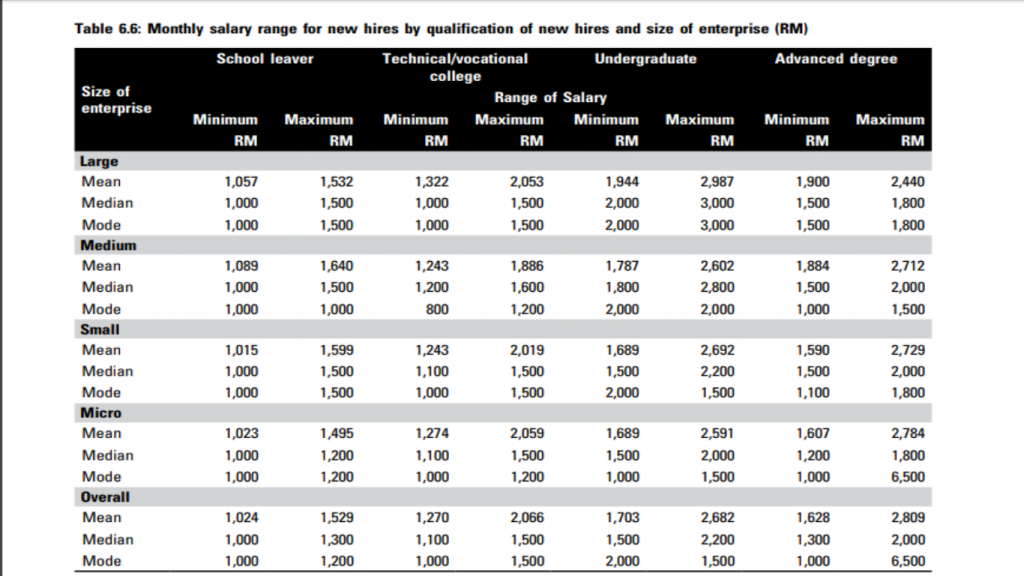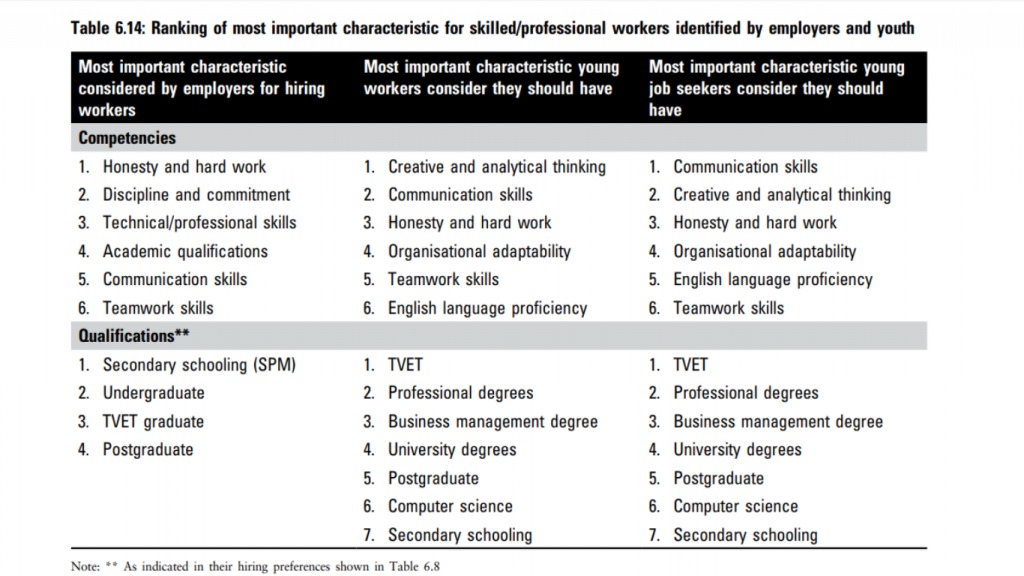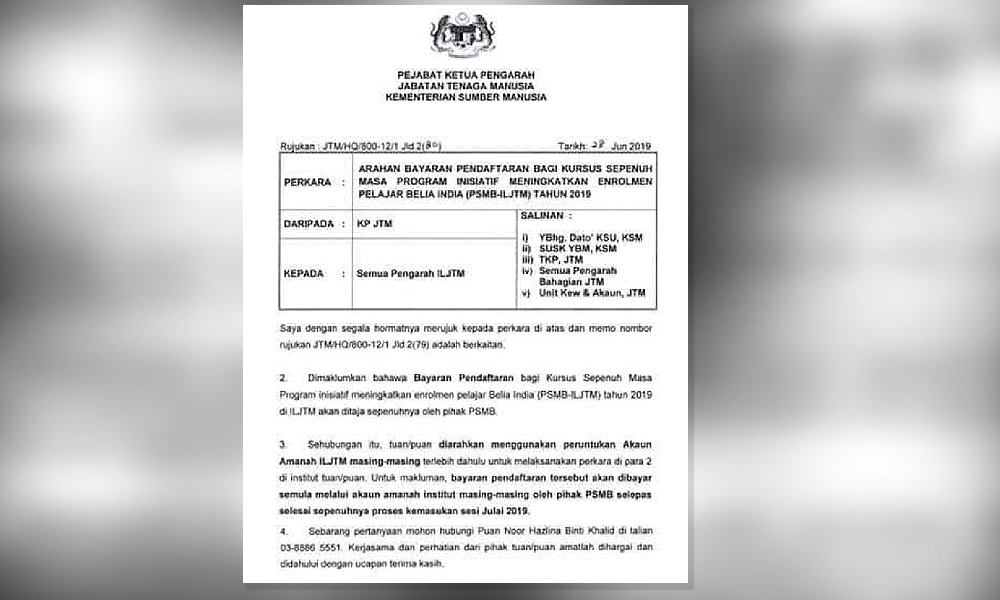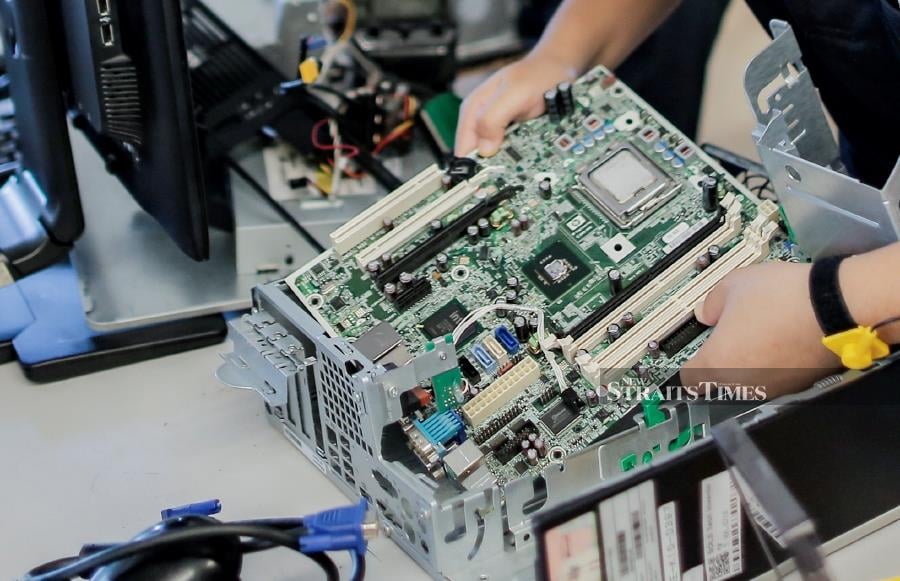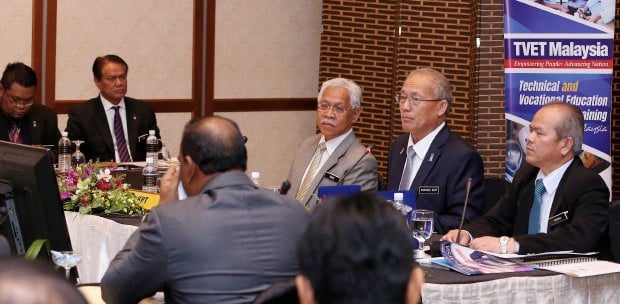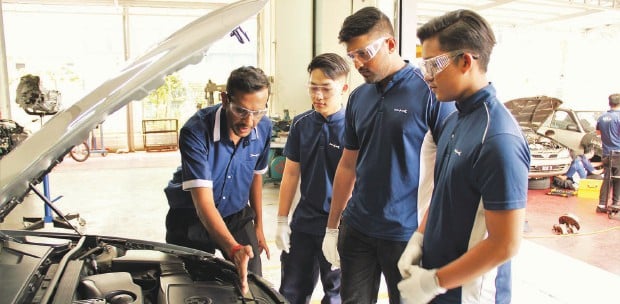
MALACCA: The Human Resources Ministry intends to establish a Technical Education and Vocational Training (TVET) integrated city which brings together universities, industries and innovation generating centres to uphold the future of TVET.
Deputy Human Resources Minister Datuk Mahfuz Omar said the city would probably be built in Tanjung Malim, Perak on land owned by the ministry comprising an area of 24.28ha but the development of the city depends on the success of the programme or initiative implemented by the Malaysian Technical University Network (MTUN).
“The suggestion includes the construction of a new TVET university proposed to the Human Resource Minister and he responded positively as it is a positive initiative besides the ministry has vacant land in Tanjung Malim.
“I think the location is suitable because there is Proton, Sultan Idris Education University and it can be a great city from the academic, technical and industrial aspects,” he told reporters after launching a strategic technology programme at MTUN here, today.
Also present was Department of Skills Development deputy director-general Suimi Abdul Majid and Universiti Teknikal Malaysia Melaka (UTeM) vice-chancellor Prof Dr Raha Abdul Rahim.
Commenting further, Mahfuz said the TVET integrated city was one of the ministry’s efforts to increase parents’ confidence to send their children to pursue TVET courses as well as guaranteeing a better future for graduates of the field.
Source: Bernama
Comment: Another infrastructure project? Why waste more money to build a new TVET university? The money can be better used for so many things, among them are:
1. Incentivisze the industry to collaborate with existing public TVET universities & skills training institutions that the 7 Ministries has in existence.
2. Create digital & off-line campaigns targeted at youths from both the urban & rural areas
3. Enhance the trainers teaching capability
4. Revise many outdated curriculum, in line with the digital & IR4.0 movement.
There are so much more that could be done instead of just wasting more money to build more infrastructure. Anyway, that’s just admin’s humble opinion, what say you?

